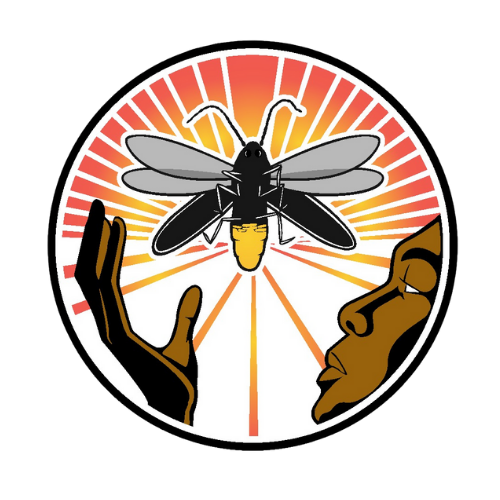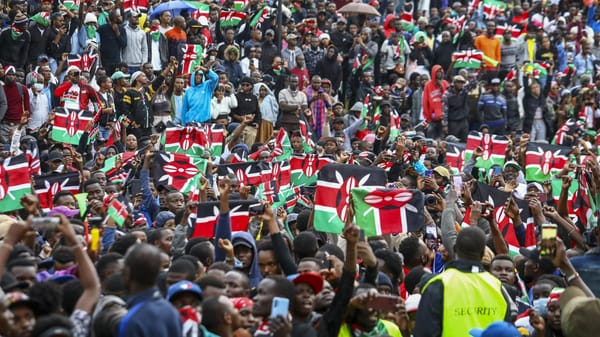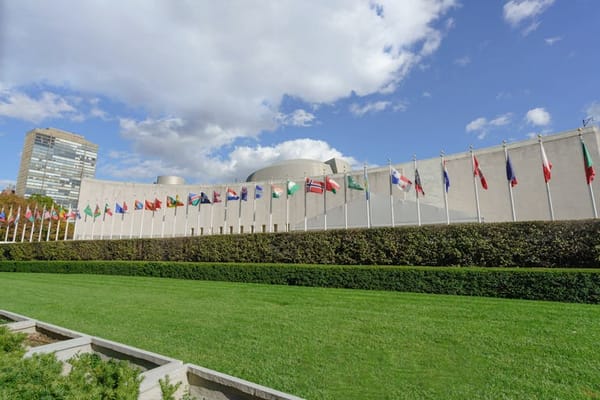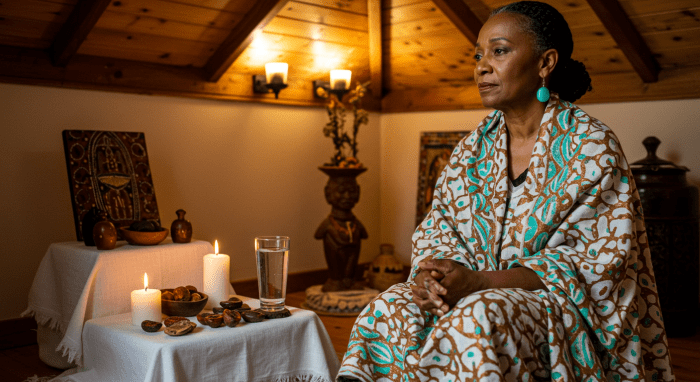by Z’Wadji Merutepiaou
Political turmoil has been pervasive throughout the world this year. We’ve had coups in Mali, Niger and Burkina Faso (predating the current year), the resignation of the Ethiopian Prime Minister more recently, civil unrest in Sudan and Southern Cameroon, and further afield, the genocide in Gaza. We’ve even had Bangladeshi university students chase away the dynastic president of the country from her official residence and, subsequently, the country. My country, Kenya, too, has seen unprecedented levels of civil unrest and protests over the past few months. The overarching theme over the vast majority of these shifts in power dynamics has been the prominence of the youth and youth activism in either overthrowing or destabilizing the political status quo in these protests. In Kenya, the press has taken to referring to them as the “Gen Z” protests, with many political commentators lauding them for their chutzpah.
It is only the youth, they say, that could have brought about this change: Their technological nous enabled them to disseminate political information and propaganda better than the older generations could. Their energetic zest allowed them to take to the streets and decry the myriad injustices that have plagued the country since the colonizer ‘granted’ us independence. Their lack of historical political baggage has given them an armour of invincibility, unable to be donned by the more battle-hardened, older generations that have been scarred by the boot of more (outwardly) oppressive regimes. A lot of this was put down to their knowledge. Their knowledge of cyberspace and the battleground that it can be in politically precarious times; their knowledge of the hardships that they face being unemployed and fresh out of high school, and their knowledge of the political landscape, especially as the future leaders of this country.
On the face of it, there is a lot of truth to these statements. But this is where the vagaries of the English language take root. Is this really knowledge? And what of wisdom? These two principles have been, and are, inextricably linked for a very, very long time. We have to know if what we are receiving from ‘Gen Z’ is actually knowledge. And, is there wisdom in this knowledge? A simple breakdown of the word will begin to give us a clearer picture of the principle, or deeper meaning, underpinning the word. To have knowledge is really to acknowledge the limits of your personal experiences. To Know the Ledge, the limitations of what you have experienced, and furthermore, the limitations of the experiential learning accrued by those who taught you.
With the dynamism of modern language and the ever-shifting goalposts of what certain words mean, knowledge has even been confused with intelligence or information. It is we who put the extra layer of meaning on words over time. But our Ancestors knew that, if they couldn’t make knowledge practical, it wasn’t knowledge. It is akin to having studied the mechanics of a jet airplane over many years, watching all the documentaries…and never having flown one. Information that has not been put to practical use.
Now, in defense of ‘Gen Z’, they did put much of the knowledge of the internet into practical use in order to affect, at the very least, political discourse. But having the internet as a resource of practical knowledge is one thing: The internet as the foundation of human change and evolution, that would be stretching the limits of plausibility, especially with regards to the countless generations that lived before us, and thrived. We are currently using the mind of the colonizer as it stands, and have been doing so for the past few centuries, so whatever we may perceive to be knowledge is being used by a system that has already hijacked our lives. In order for us to get the brain functioning the way it is supposed to, we must first start the process of reconquering the self, and this means, building our knowledge on foundations much firmer, and older than the advent of the internet age, foundations that have been laid for us by our Ancestors.
The youth have a part to play, of course, in any and every revolution, but our Kemetic culture teaches us of the primacy of age and experience with regards to leadership and growth, both personally and collectively. The youth may lead us in kick-starting real change, but this is where wisdom comes in; wisdom has been described as the philosophy of knowledge. Our Ancestors knew that wisdom is the ability to use knowledge, and this only becomes stronger over time. A child cannot lead its parent because it is young in the ways of the world. Wisdom also comes, over time, with the ability to temper emotional impulses, and emotionality and youth tend to go hand in hand. Political change, revolution, whatever you want to call it, is almost by design led by the youth in today’s climate, precisely because of the emotional vim that tends to ignite such events. But once the dust settles, there needs to be a maturity, a wisdom to restore order and structure to society. Knowledge without wisdom would simply be repetition without recognition. A mindless ad rote exercise where lessons aren’t learnt from the accretion of knowledge.
We must also recognize the ways of the colonizers, who are not even required now in person, as those that they have colonized have taken up the mantle of colonialism with a zeal that their adopted stepfathers would be proud of. Attributing change or leadership to a narrow section of society, such as the youth, is simply another play in the playbook of divide and conquer. Attempting to pit this generation against that, or at the very least to sow the seeds of division. Our Ancestors knew that a society must remain whole and not fractured. And we as a society will need wisdom to recognize this and the knowledge to rectify it.









